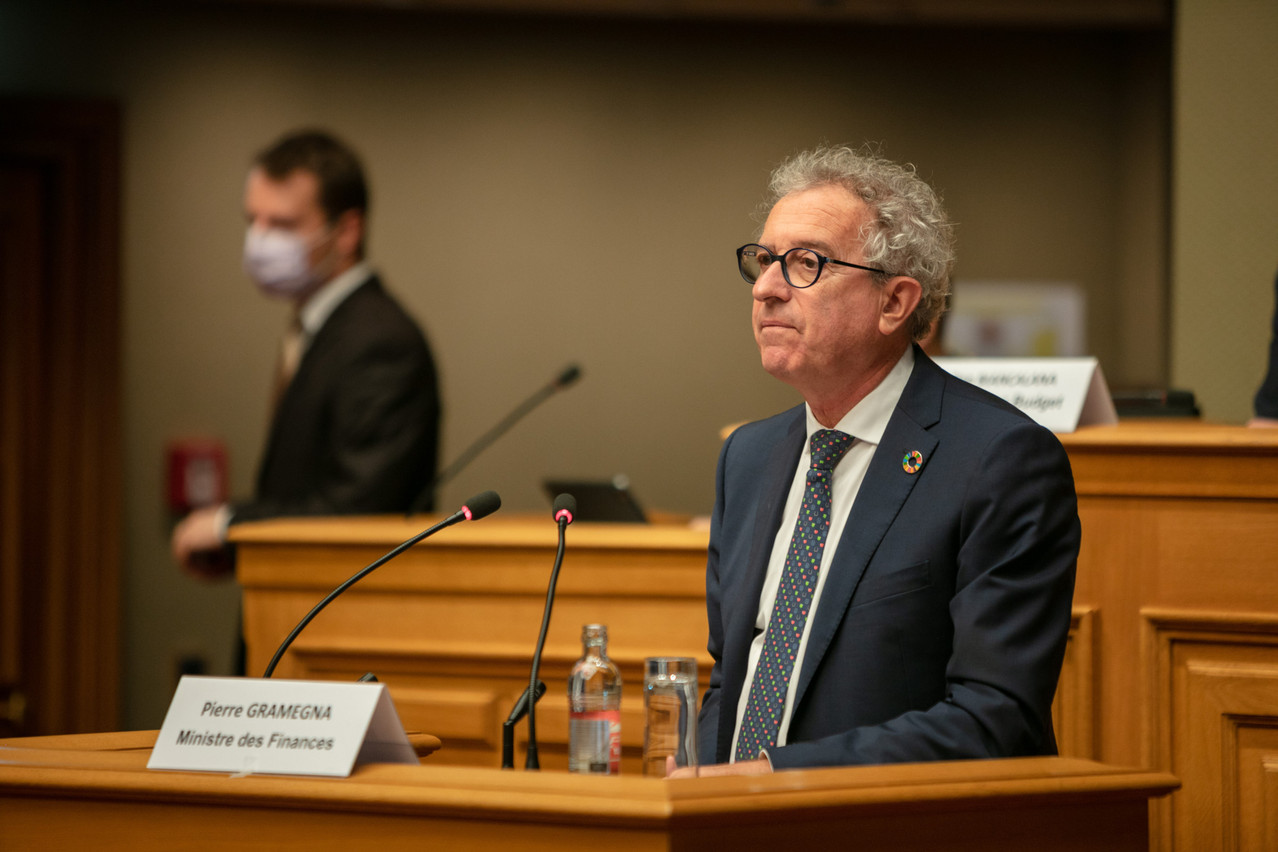The government this week , saying he was approached by several member countries to throw his hat in the ring. Eurogroup members are set to agree on a candidate during their next meeting on 23 May.
“All these positions of responsibility within the European Union institutions are traditionally subject to negotiation, because the EU wants to maintain a balance in the representation of states, but also in the political colours within its organisation,” says Poirier, a political scientist at the University of Luxembourg.
He suggests looking at the latest member states represented in the EU’s top jobs to assess the chances of a Luxembourger winning the post.
Four Germans have recently been appointed or are holding positions at the head of European institutions, including Ursula von der Leyen (president of the European Commission), Klaus-Heiner Lehne (president of the European Court of Auditors) and Werner Hoyer (president of the European Investment Bank), who was reappointed for six years in 2018. Klaus Regling, the current managing director of the European Stability Mechanism, who is leaving office in October, is also German. “So it’s a safe bet that it won’t be a German this time.”
If no candidate wins a majority, a committee can renews a call for applications. Once the Eurogroup has agreed on a name, this will have to be approved by the ESM’s governing board on 16 June, which includes the finances ministers of the ESM’s 19 member countries.
The European Stability Mechanism is a permanent rescue fund that was set up in 2012 to provide loans to euro area countries in financial distress and Poirier says the EU might be seeking to strike a balance between countries that have benefited from ESM support--such as Greece, Cyprus, Portugal and Ireland--and those that have contributed to financing them.
“Nevertheless, this often happens in the EU: there are customary legal criteria, and customary, non-formal rules,” says Poirier. Within the EU, the president of the European Parliament, Roberta Metsola from Malta, and the president of the European Banking Authority, José Manuel Campa from Spain, are the only representatives of the so-called “southern” member states in high-level positions.
Another criteria for the appointment of the successful candidate is his or her political family, again in the quest for balance in the EU’s top jobs. “If there are few social democrats and already several liberals, a socialist candidate will have better chances,” predicts Poirier.
Socialist the most likely competitor
Gramegna has both a technical and diplomatic profile (he was Luxembourg’s ambassador to Japan and South Korea), and has a solid experience as finance minister for eight years. He did not respond to a request for comment. He fulfils, a priori, the eligibility criteria for this post, but for Poirier “this is not necessarily the essential criteria for the EU.”
He is not the only competent candidate for the post of ESM managing director. A former Portuguese finance minister, João Leão, a former Dutch deputy finance minister, Menno Snel, and an Italian head of cabinet at the European Economic Commission, Marco Buti, are in the running.
Under Poirier’s logic, the Portuguese candidate, a socialist, is the most serious competitor for Gramegna, a liberal.
Moreover, Portugal has been a good pupil in the union, especially in its economic rebound after the 2008 crisis, with significant growth until the pandemic. The decision-making committee could be led to reward a form of exemplary resilience by appointing Leão, bringing a socialist chair into the list of EU bosses.
A trio of women could also be expected to interact regularly with the future head of the ESM, all of them from the right or centre-right: Christine Lagarde, president of the European Central Bank, is from the conservative centre-right, as is Ursula von der Leyen. The European commissioner for competition, Margrethe Vestager, is a liberal. A candidate from the left would bring parity and balance.
Finally, when asked about the existence of political support for Gramegna within the EU, the political scientist dismisses the question: “This is not the issue. The DP is part of the Alliance of Liberals and Democrats for Europe; it is an integrated party, but not powerful enough.”
This story was first published in French on . It has been translated and edited for Delano.
